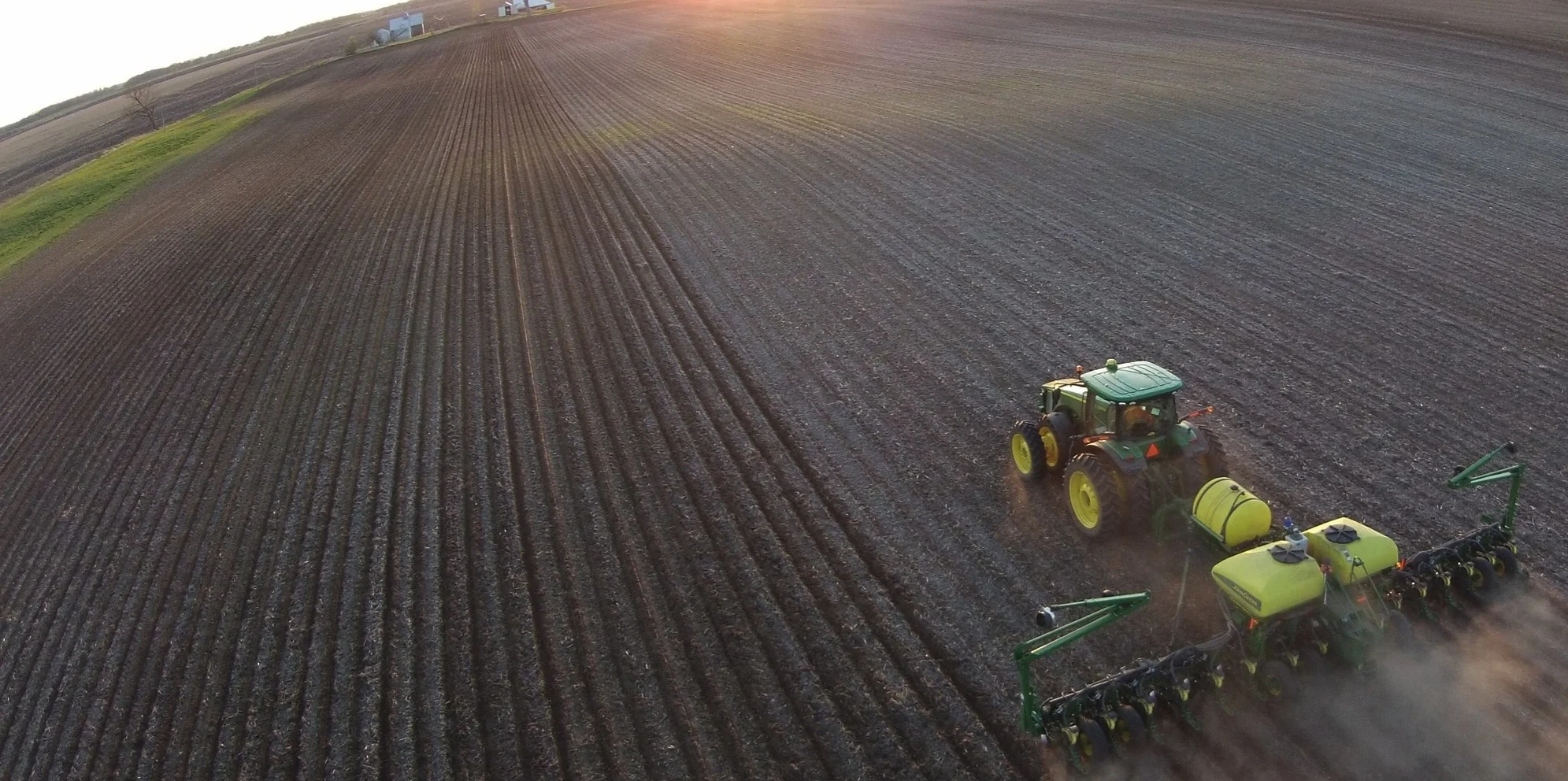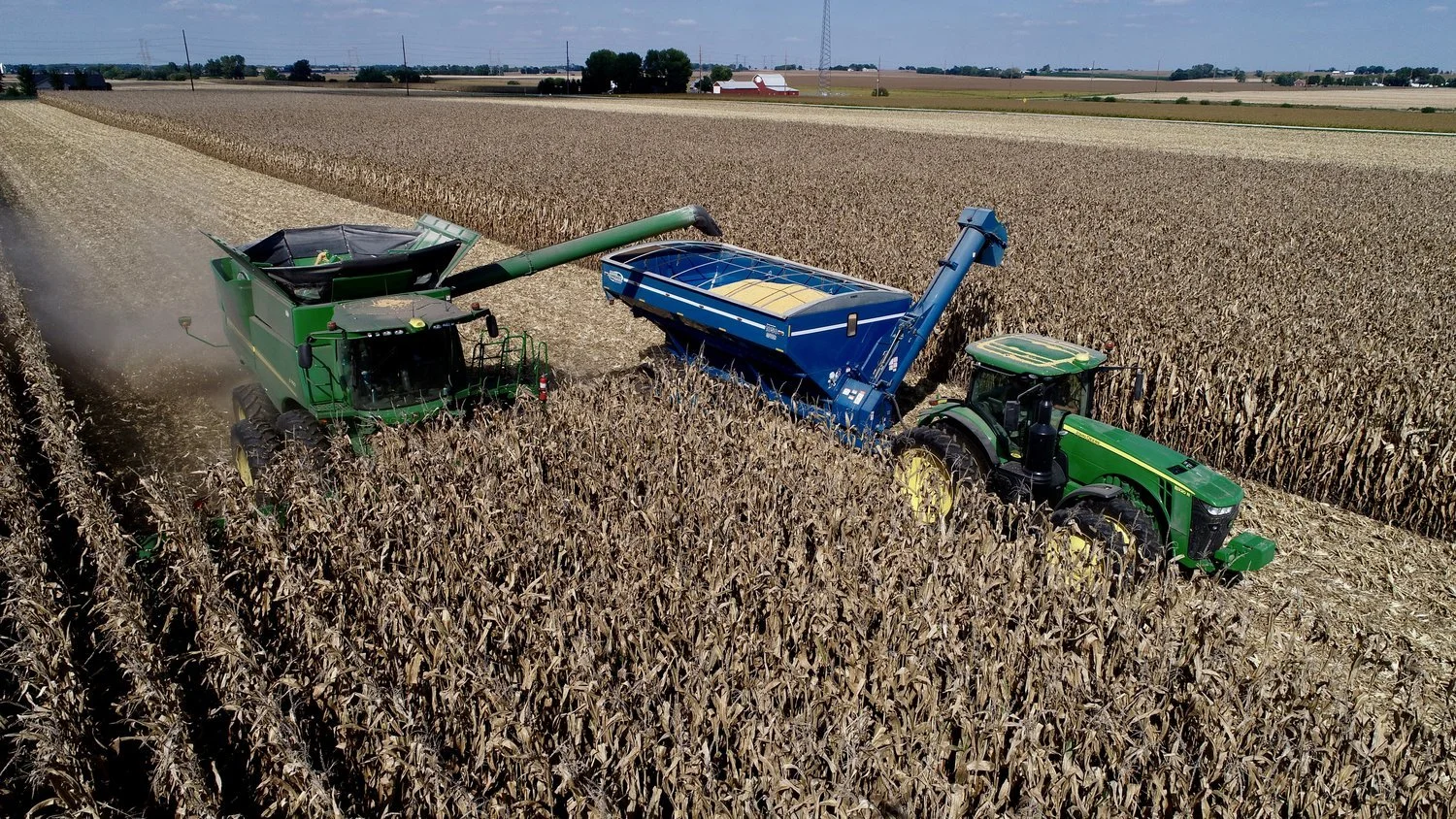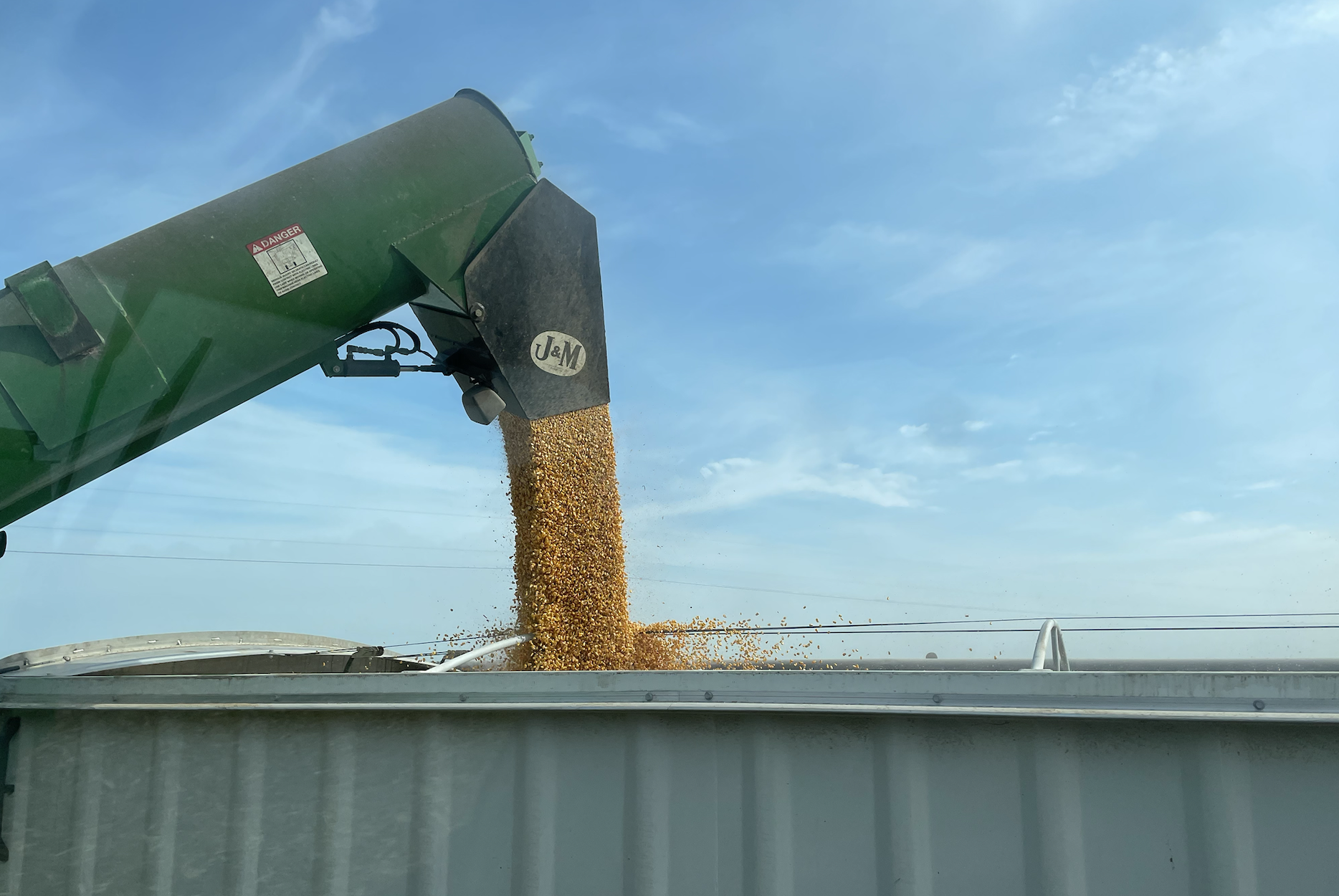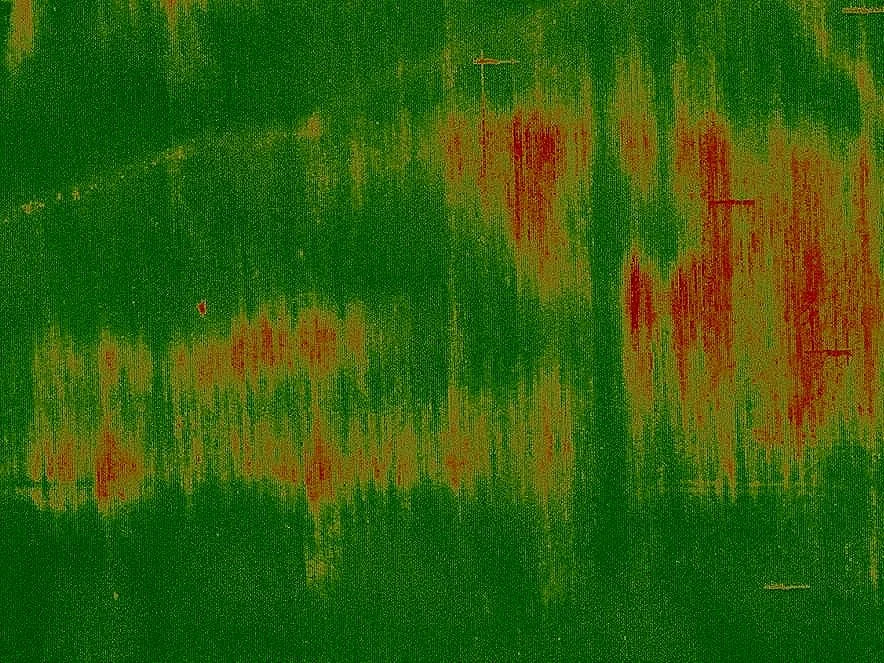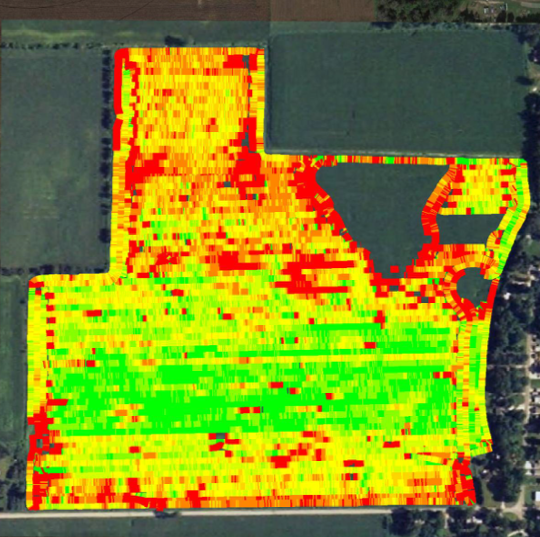Unlawfully "Tying" Ag Data Platforms Together
/You just spent six figures on a new piece of farm equipment. Now you read the fine print and realize that you must also sign-up with the equipment manufacturer's cloud based data platform. You want the equipment, but not the proprietary data platform that comes with it. What do you do?
Most likely, you reluctantly agree to the manufacturer's data platform because you want to get on with farming.
Companies that have one desirable product often require customers to purchase a second, less desirable product in order to use the main product. The last dryer I purchased required the separate purchase of a cord to plug it in.
Occasionally, these sales tactics go too far and either the federal Department of Justice (DOJ) or competitors intervene by filing anti-trust complaints against the manufacturer. Case law calls these type of two-product sales unlawful "tying arrangements"--where a company sells one product on the condition that a customer must purchase a second ("tied product") which the purchaser ordinarily would not buy. Such tying arrangements are a violation of the Sherman and Clayton Antitrust Acts because they are anti-competitive and restraints on trade.
In the late 1970s, for example, an air-conditioner manufacturer sued Volkswagen for an unlawful "tying arrangement" with its dealers (Heatransfer Corporation v. Volkswagenwerk, AG). At the time, VW cars imported into the United States lacked factory A/C units, and thus dealers installed these units for customers. When VW acquired an A/C manufacturing company, it pressured its dealers to use the VW model A/C. Another A/C manufacturer, Heatransfer Corporation, slowly watched its market for A/C units in VW cars erode (even though there was some evidence Heatransfer units were preferable). A jury determined that VW's dealer franchise agreement unlawfully "tied" the VW A/C unit to VW cars, forcing dealers to use the VW unit, and unlawfully preventing Heatransfer from competing in this market.
In 2000, the DOJ accused Microsoft of unlawfully "tying" the Internet Explorer web browser to Windows software (US v. Microsoft). The District Court judge explained the four elements for a "tying" claim: (1) two separate ''products'' are involved; (2) the defendant affords its customers no choice but to take the tied product in order to obtain the tying product; (3) the arrangement affects a substantial volume of interstate commerce; and (4) the defendant has ''market power'' in the tying product market. The District Court determined Microsoft guilty of unlawful tying, restricting competitor Netscape from competing for the browser market.
Microsoft later settled with the DOJ.
The VW and Microsoft examples should start us thinking about the state of ag data platforms today. There are many independent ag data platforms available to farmers, but there also many platforms that come with other products. Likewise, as the ag data market tightens, we will see more and more forced integration of platforms, creating potential situations where farmers sign up for one product and are forced to use another product.
There are no cases of ag data platform tying today, but if history is any guide, new technology brings new opportunities for companies wanting to tie products together.

